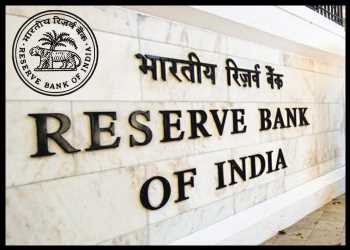Will RBI Moderate Rate Hikes?
The Reserve Bank of India is set to deliver a less aggressive rate hike and switch to a ‘neutral’ policy stance this week as the central bank weigh the effect of an apparent easing in inflationary pressures on an economy struggling to gain momentum.
The six-member Monetary Policy Committee, led by RBI Governor Shaktikanta Das, is widely expected to raise the repo rate by at least 35 basis points from the current 5.90 percent. This would mark the fifth consecutive rate hike.
Governor Das is set to release the Monetary Policy statement at 10:00 AM Indian time on December 7. (11.30 PM ET on December 6).
The Reserve Bank has raised rates by a cumulative 190 basis points since May to combat high inflation and to counter the spillover effects from the policy normalization in advanced economies.
The MPC has focused on withdrawal of accommodation to ensure that inflation remains within the target going forward, while supporting growth. However, markets have started to see RBI shifting its stance to ‘neutral’.
Consumer price inflation weakened to 6.77 percent in October from a five-month high of 7.41 percent in September. Although the inflation rate stayed above the RBI’s target of 4-6 percent, it moved closer to the upper band.
The latest official figures showed that the economy expanded 6.3 percent in the September quarter, which was much weaker than the 13.5 percent growth logged in the June quarter.
Last month, Governor Das said India is at a low risk of recession. A synchronized tightening of monetary policy worldwide has raised the risk of a hard landing, but India is differently placed, the central banker noted.
On Tuesday, the World Bank raised India’s growth projection for 2022-23 to 6.9 percent from 6.5 percent citing a strong upturn in the September quarter. Nonetheless, the pace of growth is forecast to ease slightly to 6.6 percent in the fiscal 2023-24.
Despite a downward revision last month, S&P Global forecast India’s growth for the fiscal year 2023 at 7.0 percent and 6.0 percent for FY2024.
Source: Read Full Article

